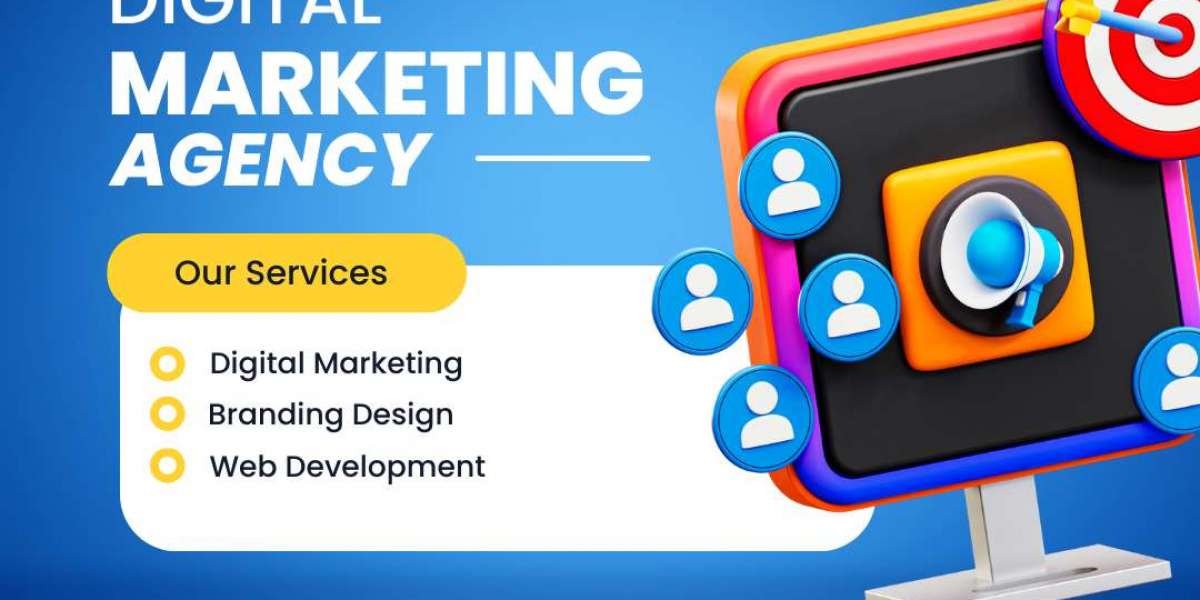What is Digital Marketing?
Digital marketing encompasses all marketing efforts that use an electronic device or the internet. Businesses leverage digital channels such as search engines, social media, email, and websites to connect with current and prospective customers.
Key Components of Digital Marketing
1. Search Engine Optimization (SEO)
SEO is the practice of optimizing your website to rank higher in search engine results pages (SERPs), thereby increasing organic (unpaid) traffic.
On-Page SEO: Optimizing individual pages on your website to rank higher and earn more relevant traffic.
Off-Page SEO: Activities outside your website that influence rankings within search engine results pages, such as backlinks.
Technical SEO: Ensuring that a website meets the technical requirements of modern search engines to improve organic rankings.
2. Content Marketing
Content marketing focuses on creating and distributing valuable, relevant, and consistent content to attract and retain a clearly defined audience.
Types of content include blogs, videos, infographics, ebooks, and podcasts.
3. Social Media Marketing
Social media marketing involves using social media platforms to promote products or services.
Major platforms include Facebook, Instagram, Twitter, LinkedIn, and TikTok.
Social media strategies include organic posts, paid advertising, and influencer partnerships.
4. Pay-Per-Click (PPC) Advertising
PPC is an online advertising model where advertisers pay each time a user clicks on one of their ads.
Google Ads and Facebook Ads are popular platforms for PPC campaigns.
PPC campaigns are highly targeted and can drive immediate traffic to your website.
5. Email Marketing
Email marketing involves sending promotional messages to a targeted group of prospects or customers.
Effective email marketing strategies include personalized content, segmentation, and automated workflows.
6. Affiliate Marketing
Affiliate marketing is a performance-based strategy where businesses reward affiliates for driving traffic or sales through their marketing efforts.
Affiliates can be bloggers, influencers, or other businesses.
7. Influencer Marketing
Influencer marketing leverages individuals with a significant online following to promote products or services.
Collaborations can range from product reviews and sponsored posts to brand ambassadorships.
Digital marketing content plays a pivotal role in establishing and promoting a brand's online presence, driving engagement, and converting leads into customers. Effective content for digital marketing should be strategically crafted to resonate with the target audience across various platforms. This includes compelling website copy that clearly communicates the brand's value proposition, engaging blog posts that educate and inform, and dynamic social media content that fosters interaction and builds community. Additionally, email campaigns tailored with personalized messages can nurture relationships and keep the audience informed about new products, services, or promotions. Paid ads, whether on search engines or social media, should feature concise, impactful messaging and striking visuals to capture attention and drive clicks. Moreover, SEO-optimized content ensures that the brand is discoverable by those searching for related products or services, while well-designed landing pages can effectively convert visitors into leads by offering valuable resources in exchange for contact information. By aligning content with the customer journey and leveraging data to continually refine strategies, businesses can achieve sustained success in the digital landscape.








